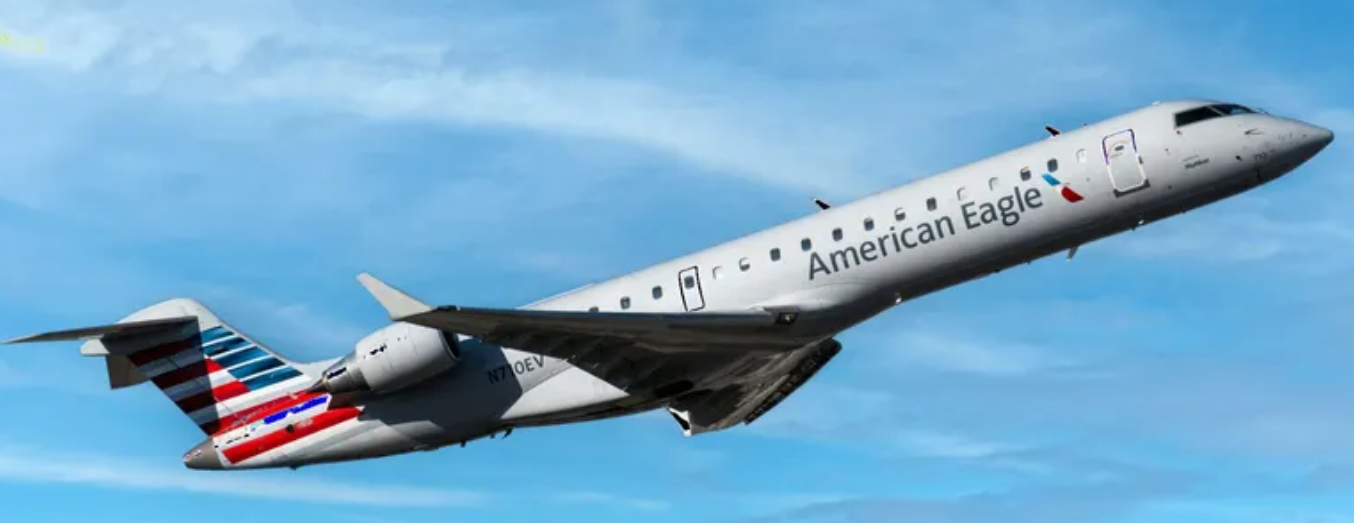Beyond the Logbook: How to Get a Regional Airline Job in a Competitive Market
You’ve done it. After countless hours of training, studying, and instructing, you’ve finally reached the 1,500-hour milestone. But in today's cooling market, you've realized that hitting the minimums is just the beginning. The pilot community is filled with qualified CFIs wondering the same thing: how to get a regional airline job when the hiring frenzy has slowed? The key is to be more than just a number in a logbook. Here's a comprehensive guide, sourced from pilots who have successfully navigated this challenge, on how to stand out and land that first Part 121 gig. ✈️
It's More Than Just Hours: Your Application is Your First Impression
The first and most critical step in understanding how to get a regional airline job is recognizing that 1,500 hours is simply the minimum requirement to apply—it doesn't guarantee an interview. In a sea of applicants who all meet this benchmark, your application must be flawless and showcase a well-rounded individual.
- Triple-Check Your Application: An incorrectly entered passport number or a simple typo can lead to an automatic rejection by a computer system. Before you submit anything on Airline Apps, have a trusted friend, mentor, or fellow pilot review every single entry. Utilize new systematic app review methods, like airlineappreview.com that turn your review around in about 5 minutes.
- Be More Than a Pilot: What have you done outside the cockpit? Volunteering, especially within the aviation community (like EAA Young Eagles or Pilots N Paws), demonstrates character and a passion for the industry. It also provides excellent networking opportunities.
- Finish Your Degree: While not always a hard requirement, a bachelor's degree is almost always a preference. It shows dedication and can be a significant tie-breaker. If you have an associate's degree or some college credit, look into online programs that give credit for your pilot certificates to help you finish faster. A degree in any field adds value.
The Power of Networking: Get Known Before You Apply
In a competitive market, who you know can be just as important as what you know. Showing up and making a personal connection is a game-changer for your pilot career.
- Attend Conferences and Recruiting Events: From the beginning of your CFI career, make it a point to attend events hosted by organizations like Women in Aviation (WAI) and the Organization of Black Aerospace Professionals (OBAP), as well as specific airline recruiting open houses.
- Do Your Homework: Don't just show up. Know the company you're talking to—their fleet, bases, and mainline partner. Ask intelligent questions about their training, interview process, and company culture. This shows genuine interest.
- Build Relationships: The goal is to move from being a random applicant to a familiar face. As one pilot shared, they landed an interview primarily because the HR representative knew them by name from attending every single recruiting event. That personal connection can get your application pushed to the top of the pile.
Acing the Interview: Preparation is Not Optional
Getting the call for an interview is a huge step, but the work isn't over. This is your chance to prove you’re someone the airline wants to invest in and that you're the kind of person a captain would want to be stuck with in a cockpit for hours.
- Study, Study, Study: Use resources like aviationinterviews.com to practice technical questions and review gouges. Don't walk in unprepared.
- Use the STAR Method: For HR "Tell me about a time when..." questions, structure your answers using the STAR method (Situation, Task, Action, Result). It provides a clear, concise, and compelling story that demonstrates your problem-solving skills.
- Be a Human: While professionalism is key, so is personality. Smile, be engaging, and let them see who you are. They're hiring a future colleague, not a robot.
A Note on Cadet Programs and Industry Cycles 📈📉
While sometimes criticized, cadet programs can be a powerful tool, especially when hiring slows. Airlines invest heavily in these programs, and as a result, cadets often have a more direct and secure path to a class date. If you're considering one, do your research to find a good fit.
Finally, remember that the aviation industry is cyclical. The "feast or famine" nature of pilot hiring is a historical reality. While it's tough right now, this is a great time to be building the qualifications and connections that will make you a top candidate when the cycle swings back up. Stay persistent, stay professional, and focus on what you can control. That is how to get a regional airline job, no matter the market.
Ready to make your transition easier?
Run an automated review to verify your hours, fix gaps, and get a submission‑ready checklist.
Create your accountLearn more